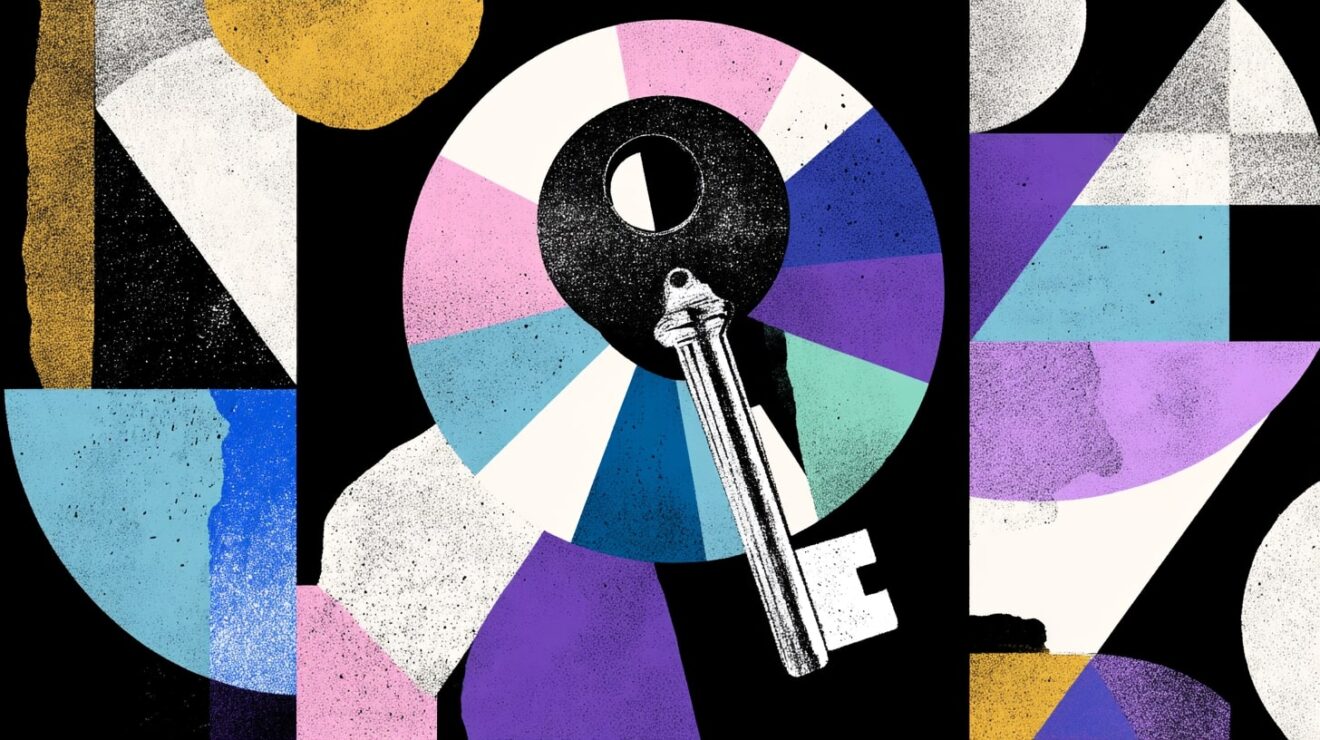Today the Government launch their much-anticipated PR campaign to explain the new tuition fee system. A partnership with Channel 4 is in place to target a key demographic through E4 and other mediums close to ‘youth’. Those close to David Willetts and BIS have been consistent in their calls for the Government to undertake such a communications exercise. The calls have not gone unheeded, but the tangled web of policy that Willetts, Cable and Co. managed to maneuver themselves into meant that until now, it has been hard enough to communicate their intentions to the HE sector, let alone the people that are now weighing up the pros and cons of applying to higher education.
The Government has a ban on all advertising campaigns – one of the immediate austerity measures that came in to place after they took power last year. Their move to break this rule for this crucial issue will have the support from across the political spectrum. We can debate the pros and cons of Government policy towards higher education funding. But we mustn’t loose sight of whom HE is for and why it is an important, often transformational experience for those that choose to enter its gates.

A first look at the branding of the new campaign
The recent policy quagmire in HE that has been created has been problematic and greatly destabilising to a sector trying to find its feet in the face of changes that run counter to its settled view of where universities sit with Government, the private sector and all other modes of education. But all agree that the greatest tragedy of all would be if people were deterred from applying to HE in the first place simply based on their perceived cost of the experience.
The collective national obsession with the price of higher education would lead anyone to believe that cost was the critical determining factor in deciding whether to enter HE. This obsession plays in many parts of the mainstream media that latch on to the 9k price tag as an easy way to explain a complicated system. But HE will remain free at the point of use, and those that don’t earn more than £21,000 will never be forced to pay back a penny. With all research demonstrating the great premium (financial, social & intellectual) placed on a higher education, it would seem to remain an attractive offer.
Indeed, the Government is convinced that demand will still outstrip supply as it has for the last few years and how it did after fees were raised last time. But their communications challenge is still a great one. The loudest noises scream about the fear of debt and the high costs of education – and despite good intentions could have the effect of confirming in the minds of many that HE is something unaffordable and difficult to access.
The Government is relying on people to make counter-intuitive choices. They believe that numbers like 9k can be rationally dismissed on the basis of available support packages, demonstrable graduate premiums and the fact that there is nothing to pay before the earnings threshold is reached. But people don’t make such choices in a purely rational way. Deeply held beliefs about debt can be an extremely powerful emotional influence. And the noise about the soon-to-be high cost of HE has been dominant in the zeitgeist.
Bucking this trend; communicating the benefits of a university experience and explaining the new fees regime, will therefore be an extremely tough job. The right information can be produced, but an all-pervasive narrative about high costs could derail such an effort. Everyone, including those skeptical of the Government’s HE funding plans, must now support this communications initiative to ensure that the next generation of potential HE applicants make choices based on fact, not emotion.












Sorry if I am being slow, but if you want “to ensure that the next generation of potential HE applicants make choices based on fact, not emotion” should the headline be that “The PR campaign must fight *intuitive* fees assumptions”. Or are you just wishing the PR campaign to fail?